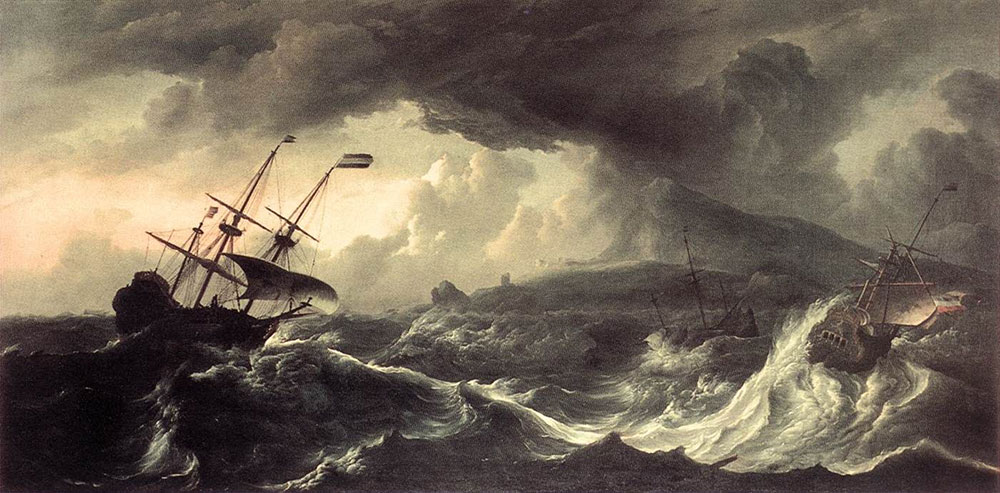In the last few years, given that the arrival of global placing systems (GPS), there has actually been a dispute amongst boaters regarding whether or not the compass (what was formerly the sailor's best navigational device) is still of any kind of usage or needed to set up on your boat. Amongst boating as well as boating safety and security teachers nevertheless, there is no debate. While a GPS may be quick, easy (reasonably) and also useful, a compass is still a crucial device, as well as must always be among the initial things you mount on your boat.
Allow us take a look at each system subsequently. The compass, with a history 9 centuries long, is among the earliest navigation devices How To Use Compass still in operation today. The Marine compass came into mess around the 1300's in Europe, and has actually since constantly been made use of for navigation on the seas. By reviewing the Earth's magnetic field, a compass can tell you, practically without fail the instructions of that electromagnetic field.
As the compass always directs in the exact same direction (referred to as Magnetic North) no matter of where you are on the earth. Due to its constant direction searching for capabilities, if utilized in conjunction with a sextant, it can additionally be used to locate latitude, and in conjunction with a marine chronometer, the time. A conventional compass also has just 3 components: a needle, a pin, and a compass increased, just one of which, the needle is relocating.
After punching in all the essential way points, although the GPS can inform you the most straight means to go to obtain to a location, that direct method may have whatever from islands to sandbars in it's course, and as such, the capacity to review a map and utilize a compass may still prove to be essential. If a compass is mounted on your watercraft, there is no method that it can be forgotten on land, whereas a portable GPS systems can.
Although GPS units are outstanding navigational devices, and can make course outlining quicker, quicker and easier, they have their drawbacks, specifically the fact that they are a lot more breakable, vulnerable to damage, as well as more difficult to repair needs to a problem emerge. A compass needs to always be kept on-board. Understanding of maps as well as how to use them remains vital.
If looking for various other helpful or important angling or cruising devices, sites such as Rodholderdepot.com which focuses on pole holders, aquatic compasses as well as other aquatic hardware and also accessories is an outstanding source.

In the end it is suggested to have both a compass as well as a GPS. The compass can be counted on in challenging circumstances as well as calls for no power however the GPS can supply much even more than simply instructions of traveling.
In current years, considering that the arrival of global positioning systems (GPS), there has been a discussion among boaters as to whether or not the compass (what was previously the seafarer's best navigational device) is still of any kind of use or needed to mount on your boat. While a GPS may be quick, easy (relatively) and also useful, a compass is still an important device, and must constantly be one of the initial things you install on your watercraft.
A traditional compass also has just 3 components: a needle, a pin, and a compass rose, only one of which, the needle is moving. After punching in all the needed means factors, although the GPS can inform you the most direct method to go to obtain to a location, that direct method may have every little thing from islands to sandbars in it's course, and as such, the capacity to check out a map and also utilize a compass may still show to be vital. If a compass is installed on your watercraft, there is no way that it can be forgotten on land, whereas a mobile GPS devices can.